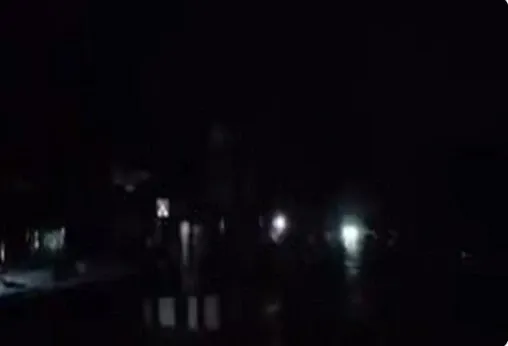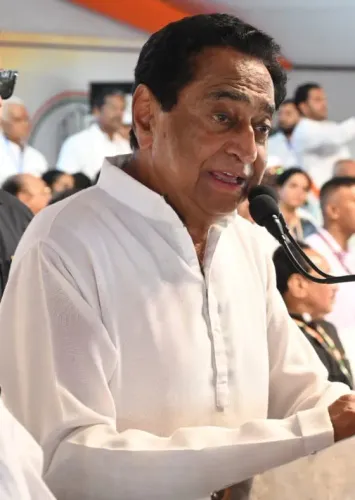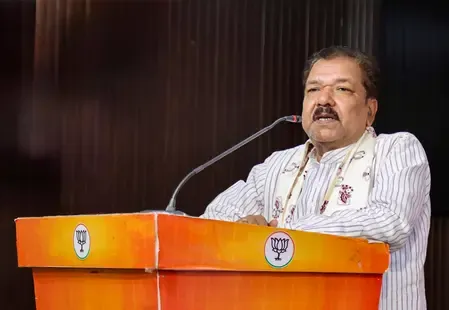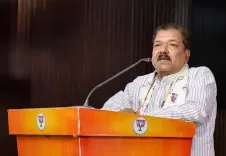Why Did the Amritsar District Administration Resume Blackout During Civil Defence Drill?

Synopsis
Key Takeaways
- Blackout measures reinstated in Amritsar as part of a nationwide drill.
- Residents are urged to stay indoors and remain calm.
- Exercise assesses emergency preparedness across multiple states.
- Indian armed forces conducted precision strikes on terrorist targets.
- Importance of civil defence drills highlighted for national safety.
Amritsar, May 8 (NationPress) The Amritsar District Public Relations Officer (DPRO) has announced that the administration in Amritsar has reinstated the blackout protocols as part of a nationwide civil defence exercise, urging residents to remain calm and stay indoors.
“Exercising extreme caution, the Amritsar district administration has recommenced the blackout procedure. We request everyone to remain at home, avoid panic, and refrain from gathering outside; please ensure all external lights are turned off,” stated the Amritsar DPRO in a recent announcement.
The blackout in Amritsar is part of a broader nationwide civil defence simulation mandated by the Ministry of Home Affairs (MHA) to evaluate emergency readiness for potential future threats.
This initiative included timed blackouts at strategic locations throughout the country.
Multiple states, such as Rajasthan, Madhya Pradesh, Gujarat, Himachal Pradesh, and Bihar, also conducted similar blackout exercises.
Major cities, including Barmer, Gwalior, Surat, Shimla, and Patna, participated by turning off lights at critical buildings and public areas.
In the capital city, Delhi, notable landmarks like Rashtrapati Bhavan and Vijay Chowk were also plunged into darkness as part of the drill.
Earlier on Wednesday, civil defence simulations took place in key cities including Delhi, Mumbai, Pune, Bengaluru, Gwalior, and Jaipur. These exercises aimed to assess the response of local authorities and citizens during emergencies.
On the same day, the Indian armed forces executed 24 precise missile strikes targeting nine terrorist sites in Pakistan and Pakistan-Occupied Kashmir (POK), including Muridke and Bahawalpur, which serve as strongholds for terrorist organizations Lashkar-e-Taiba and Jaish-e-Mohammed (JeM).
According to sources, over 70 terrorists were reported killed, with more than 60 sustaining injuries in these operations, significantly diminishing the functional capabilities of these groups.
JeM leader Maulana Masood Azhar claimed that 10 of his family members and four associates were among those killed in the strikes.
These attacks, executed around 1 a.m., were a direct response to a terrorist assault in Pahalgam, Anantnag district of Jammu and Kashmir, which resulted in 26 fatalities—25 Indians and one Nepali citizen—on April 22.
The Ministry of Defence confirmed that the strikes targeted terrorist infrastructures in Pakistan and POK, from where attacks against India have been orchestrated.
India's military actions occurred just hours before a scheduled security drill across the nation aimed at enhancing civil defence capabilities in the event of hostile attacks, covering 244 districts.
Prime Minister Narendra Modi had pledged to pursue the perpetrators of the attack and all involved in its planning to the “ends of the earth,” promising to deliver an unprecedented level of punishment.









